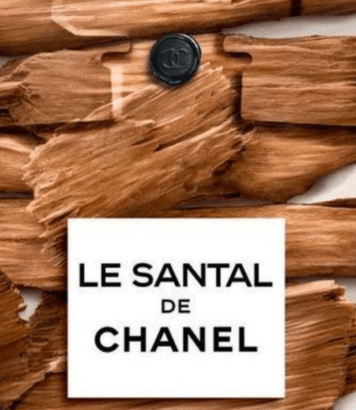House of Guinness: the series angers the whole of Ireland

In Ireland, a series project called House of Guinness is rekindling a sensitive debate. The announcement came as a surprise, as it touches on the history, advertising and everyday life of a country that questions its relationship with alcohol.
Why fiction revives an old dispute
Many see it as a glamorous portrait of an industrial dynasty. Yet House of Guinness comes at a time when the country is tightening its health safeguards. The Irish Alcohol Act, passed in 2018, frames the promotion and image of these products. So the tension mounts between heritage storytelling and prevention.
The Guinness brand is a cultural symbol, and a driver of tourism. Before the pandemic, Dublin’s Storehouse welcomed almost
Irish voices worry about the possible aestheticization of alcohol. Others denounce a confusion between entertainment and corporate communication. On the other hand, the
“This story can’t reduce Ireland to an advertising poster”.
Historical background, public health and public expectations
Ireland is preparing for the arrival of reinforced health labels by 2026. As a result, health and family associations are questioning the timing. Many are calling for a nuanced approach, without heroising consumption. House of Guinness will have to prove its ability to maintain this balance.
The political context also counts. Since the Good Friday Agreement of 1998, popular culture has weighed heavily on memories. A series of this magnitude can also shape perceptions, both among young people and in the diaspora. House of Guinness will have to stand up to scrutiny, episode by episode.
- Reinforced health context in Ireland since 2018
- A cultural and industrial symbol with real tourist appeal
- Risk of confusion between fiction and brand communication
- High expectations for nuance and responsibility
- Potential impact on Ireland’s international image
Financing, filming and economic influence
The debate is also about public money and incentives. Ireland’s Section 481 scheme actively supports local filming. This scheme attracts productions, creates jobs and trains skills. House of Guinness could benefit from this, which is fuelling the controversy.
Château Margaux – Margaux 1844 (Bordeaux red wine; vintage 1844). Two centuries later, the name conjures up a rare and precious history, comparable to the stories that shape a country.
The unions in the audiovisual sector are calling for social guarantees. They are calling for fair contracts and on-set security. Elected officials, on the other hand, want measurable spin-offs for their regions. House of Guinness thus becomes a test case for the local creative ecosystem.
Transnational marketing enters the scene. What’s more, global platforms amplify the reach of national narratives. But Ireland is a country of plurality and contradictions. It should show this complexity, rather than a uniform veneer.
Representation, casting and responsible storytelling
Debates about casting reflect a fear of caricature. As a result, language, accent and dialogue become decisive markers. The scriptwriters will have to listen to the communities involved, including historians. House of Guinness could gain in credibility and depth.
Château Margaux – Château Margaux 2024 (Bordeaux red wine; price €276 per bottle ex-negociant, approx. £3,240 per case of 12). This kind of numerical benchmark helps to judge value, as do the indicators that will mark out the critical reception of a series.
What Irish spectators want
Audiences want a story that embraces the grey areas. Yet they also expect genuine emotion and fallible characters. In short, audiences don’t reject fiction, they reject simplification. House of Guinness will have to articulate memory, satire and social responsibility.
Transparency is as important as aesthetics. Thus, indicating historical sources and consulting experts reassures the public. By doing so, the production can defuse some of the anger. House of Guinness would benefit from a calmer reception.
The question of intent remains. Consequently, a clear strategy on the separation between narrative and brand becomes vital. Then, independent evaluation by critics will help to objectify the debate. House of Guinness will be judged on its merits, not just its poster.





No comments
Post a comment
Always participate in accordance with the law and with respect for others.